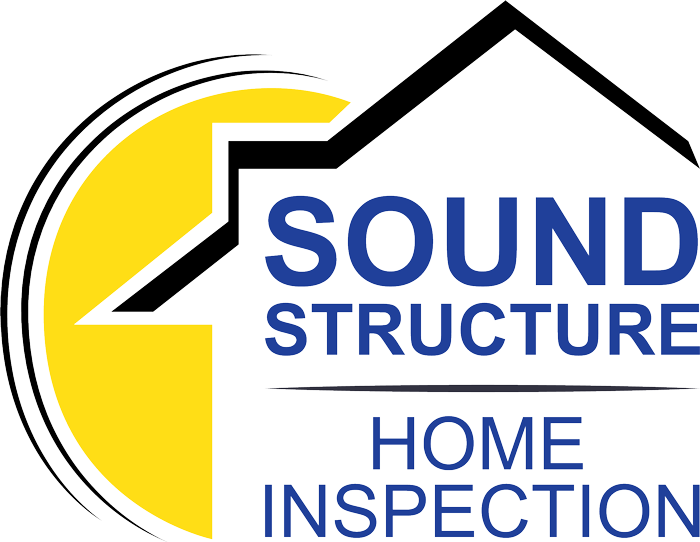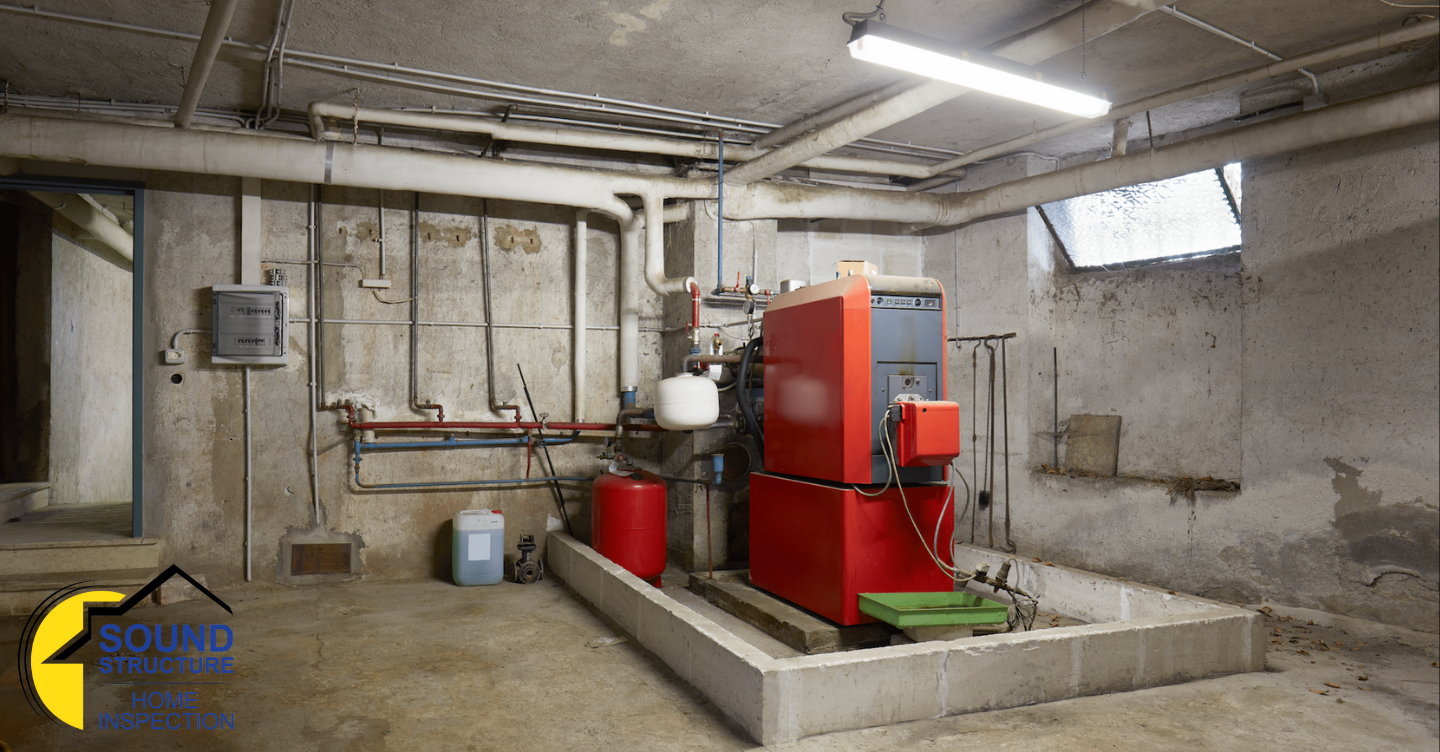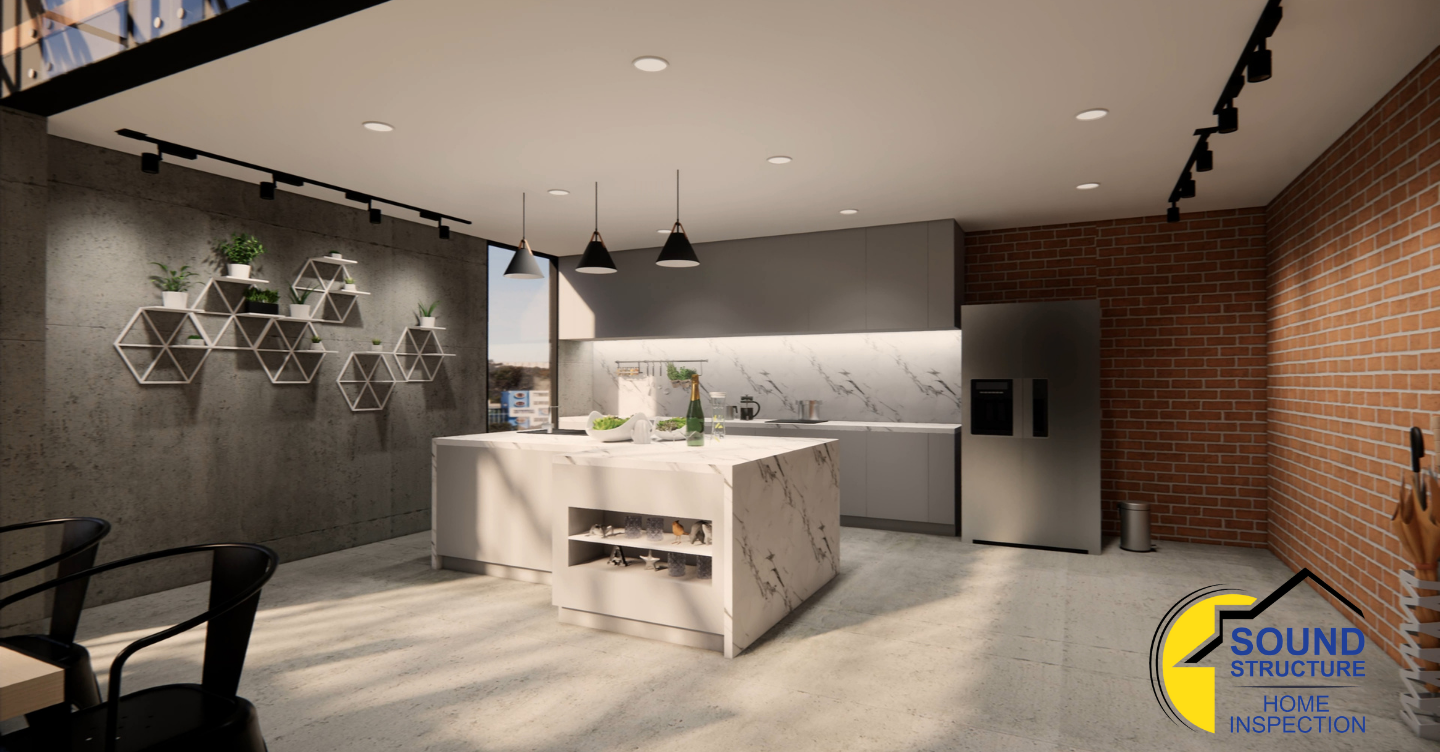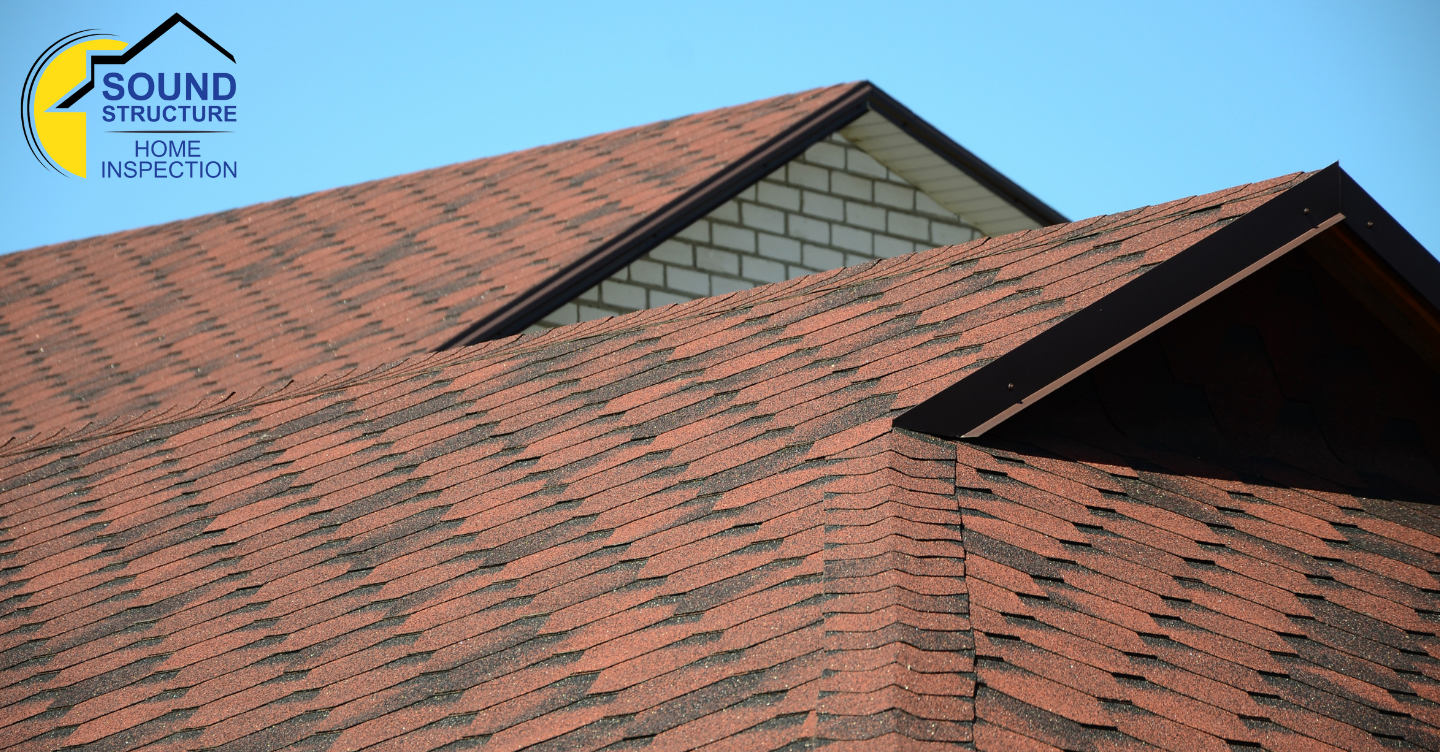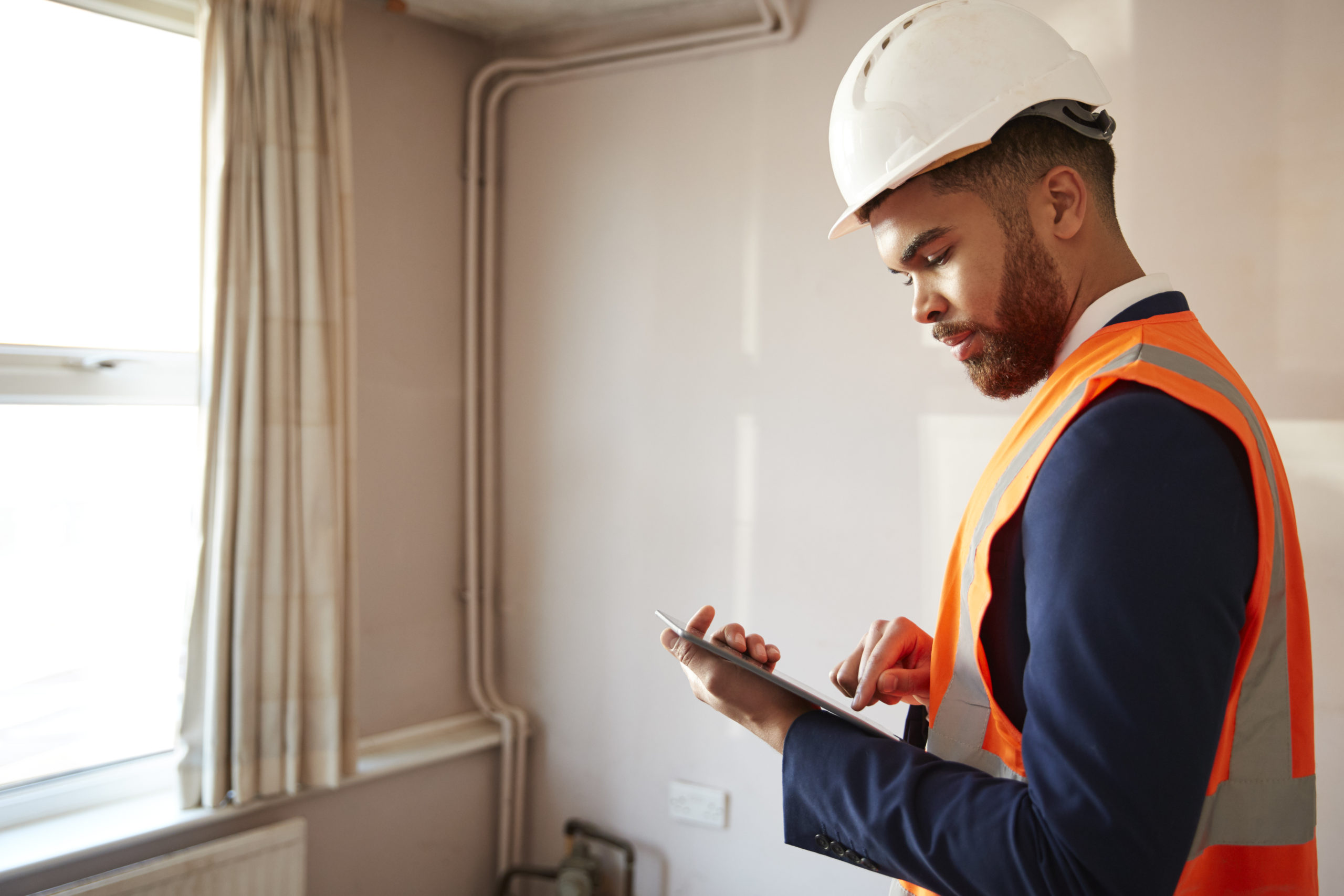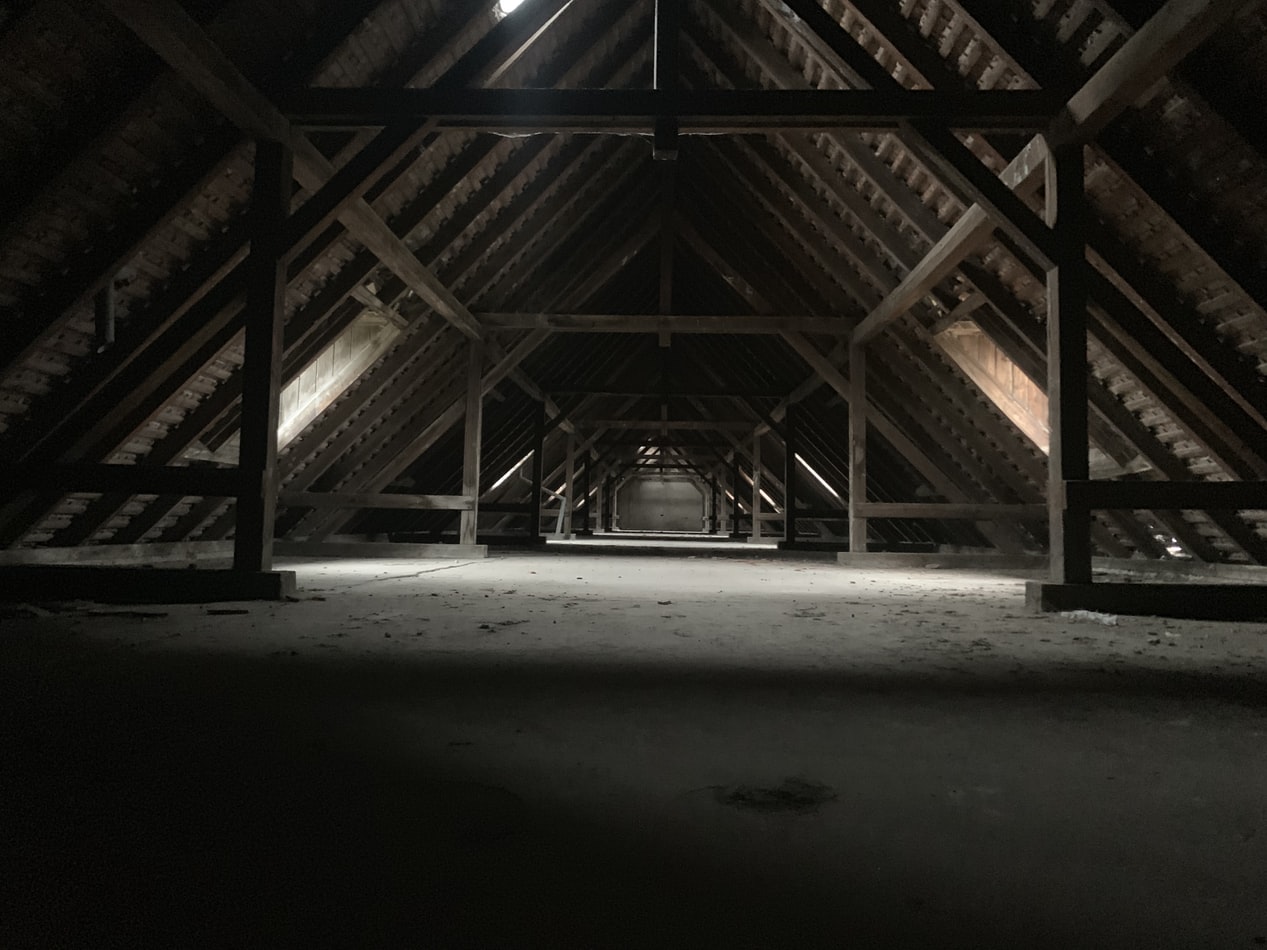What is Looked For In a Basement Inspection
A basement is one of the key parts of any home. It serves as the underbelly of a house and can be the first place to look to determine if there are any troubles. Whether it’s visible foundation cracks or signs of pests, your basement is one of the best locations to get a look at the condition of your home. When an inspector examines a basement, it helps them get a sense of a home’s overall health. However, you may be unfamiliar with what elements are examined. Here is a look at what inspectors look for during a basement inspection.
Foundation Damage
When damage appears in a foundation, it could be a sign of larger issues. If left untreated, it could lead to water damage, flooding, or even structural damage. For homebuyers or sellers, it’s why having an inspection is so important. An inspector checks to examine if cracks appear within the walls of the foundation. These cracks may appear in numerous forms, including horizontal, vertical, diagonal, and stair-step. In addition, they look for gaps preventing windows and doors from closing as well as uneven ceilings and roofs.
Moisture and Water Damage
When it comes to basements, they can be a source of leaks and excess moisture. This is especially true of unfinished basements. When an inspector looks at a basement, they inspect the elements that could cause water damage. This includes leaking pipes, water that is seeping through cracks or windows, and if past flooding or damage has occurred. Similarly, some inspectors will look at the plumbing as a whole. Pipes that are exposed to excess moisture, especially in an unfinished basement, may also be a source of potential damage.
Sump Pump
A sump pump moves water from your basement out of your home. The pump itself resides in a basin underneath the main surface of your basement floor. If you have one, it’s good to have an inspector check it to ensure there are no clogs or any signs of damage. When a sump pump is damaged, it can prevent water from being able to leave your home, as well as lead to the chances of damage to your yard. If your pump has been working slower than usual, be sure to bring this up with your inspector.
Appliance Functionality and Basement Inspection
Your basement holds numerous pieces of equipment that are key to your home. Whether it’s an HVAC system, boiler, or electric system, it’s important to ensure they are all working at optimum condition. A basement inspector will check each of these to make sure that they work correctly. In addition to the potential impacts they can have on your home due to malfunctioning, they also could impact the total market value of your home.
Plumbing and Insulation
You likely know that a leak in your plumbing can be a sign of potential major damage. This is especially true when it comes to your basement. If a leak goes undetected, it could be a sign that your pipes could experience damage. This is where inspectors come in. They will check over the pipes and joints in your home to check for any signs of dampness. This also looks for signs of excessive moisture. In addition, your home’s insulation is reviewed for damage. If the insulation has problems due to dampness or a leak, there is the possibility that it could hold mold particles.
Schedule a Basement Inspection With Us
When you schedule an inspection for your basement, you want to make sure that it is as thorough as possible. By having a qualified inspector examine the basement, you can be certain they will examine every aspect to ensure that it is structurally sound. Contact us today to have us complete your basement inspection.
